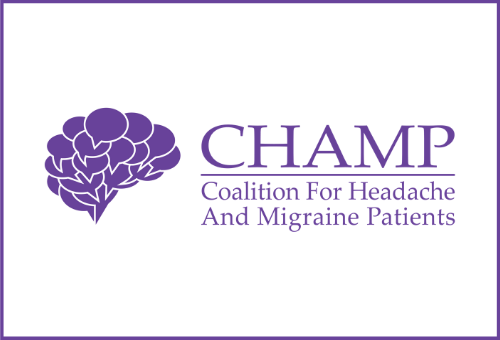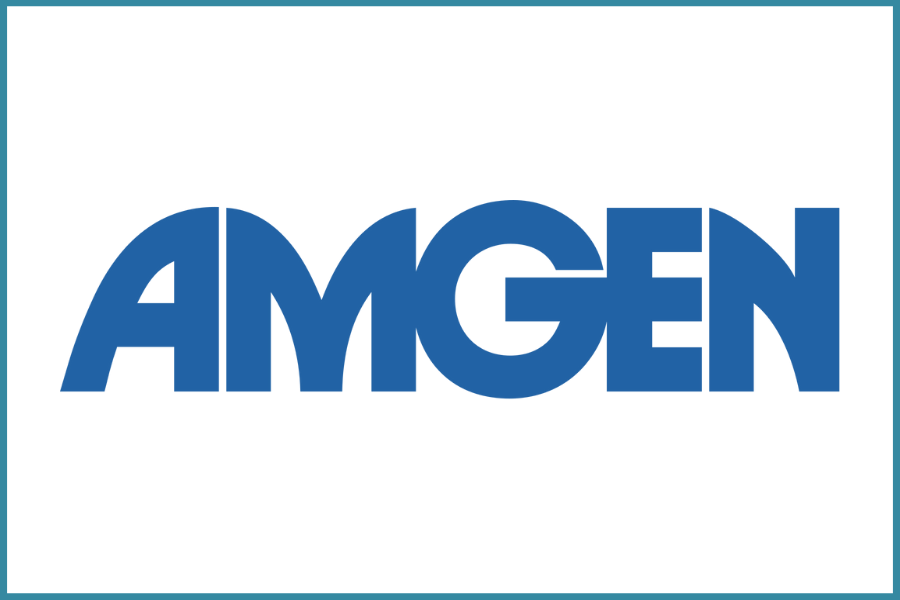Migraine Changes in Older Adults
You are currently watching a preview of this interview. Unlock the full version by upgrading to an Access Pass bundle! Get FREE access to 8 expert interviews from Day 1 and Day 2 when you register today!
Key Questions
- What changes might people 60 or older experience after decades of migraine?
- Does migraine change with time?
- Are migraine symptoms like aura and vertigo of concern as people age?
- What is the risk of stroke in people with migraine?
- Does the risk of migraine-related stroke increase with age?
- Can people with migraine take preventive medications to minimize their stroke risk?
- Why do some women with migraine improve after menopause, but others do not?
- Should women take hormone replacement therapy for migraine prevention?
- What types of changes in migraine patterns could be of concern for older patients
- Should treatments change as people with migraine get older?
- Are triptans safe to use in older individuals?
- Are some of the newer medications, like CGRP inhibitors, safe for older individuals?
- What about gepants and ditans?
- Are neuromodulation devices safe for older people to use?
- How can older patients obtain expensive treatments that insurance won’t cover?
Interview Notes
- Gretchen E. Tietjen
- Epidemiology of Stroke: Legacy of the Framingham Heart Study
- Women’s Health Study
- Alliance for Headache Disorders Advocacy
Treatments Mentioned
- Amitriptyline
- Aspirin
- Beta blockers
- CGRP inhibitors
- CGRP receptor antagonists (gepants)
- Ditans (5HT1F receptor agonists)
- Erenumab (Aimovig)
- HRT (hormone replacement therapy)
- Triptans
Please note: The Migraine World Summit’s aim is to bring you a variety of perspectives and expertise, independent of bias or judgment. Alternative theories presented in this video have not been medically reviewed. Views expressed in this interview do not necessarily represent the views of the Migraine World Summit. Please always consult your health care professional and do your own research before making changes to your treatment plan.

Gretchen E. Tietjen, MD
Professor Emerita of Neurology
University of Toledo
Dr. Gretchen E. Tietjen is a graduate of the University of Michigan Medical School and its neurology residency program. She is a Distinguished University Professor Emerita of neurology at the University of Toledo, where she founded the Department of Neurology in 2000 and led as chair until 2020.
Specializing in headache medicine and vascular neurology, she also directed the Stroke Center for 15 years and the Headache Treatment and Research Center for over two decades. Her research focuses on the relationship between migraine and stroke, including the investigation of the vascular biology in migraine, the association of childhood maltreatment and migraine, and the effects of early life stress on vascular and brain biology in a rodent model.
Dr. Tietjen has published over 160 peer-reviewed papers, book chapters, reviews, and editorials. Her research has garnered national awards, including the Stroke Innovation Award from the journal Stroke and the Association of Migraine Disorders Innovation Award, as well as the American Headache Society’s Seymour Solomon Lecture Award, the Harold G. Wolff Lecture Award, the John R. Graham Lecture Award, the Women’s Health Research Lecture Award, and the 2022 Lifetime Achievement Award from the AHS.

Unlock the full 2026 Summit experience:
- Complete, unedited expert interviews
- Additional clinical detail beyond the 30-minute live sessions
- Revisit any 2026 session anytime
- Transcripts and audio downloads included
Related Talks for: Day 3 (2023)
Nondrug Migraine Treatments That Work
Jessica Ailani, MD, FAHS, FAAN
Psychedelics for the Treatment of Headache Disorders
Emmanuelle Schindler, MD, PhD
How to Avoid or Prepare for the ER
Jaime Sanders
Migraine Care for Busy People: New Online Health Solutions
Zubair Ahmed, MD
The Coalition For Headache And Migraine Patients (CHAMP) is an organization that provides support to people with headache, migraine and cluster diseases who are often stigmatized and under-served.
Amgen is committed to unlocking the potential of biology for patients suffering from serious illnesses by discovering, developing, manufacturing and delivering innovative human therapeutics. A biotechnology pioneer since 1980, Amgen has grown to be one of the world’s leading independent biotechnology companies and has reached millions of patients globally.

Adjust video play speed to go faster or slower. Calibrate video speed if you are feeling good or tired and foggy. You can also adjust the video resolution if your internet connection is busy.








